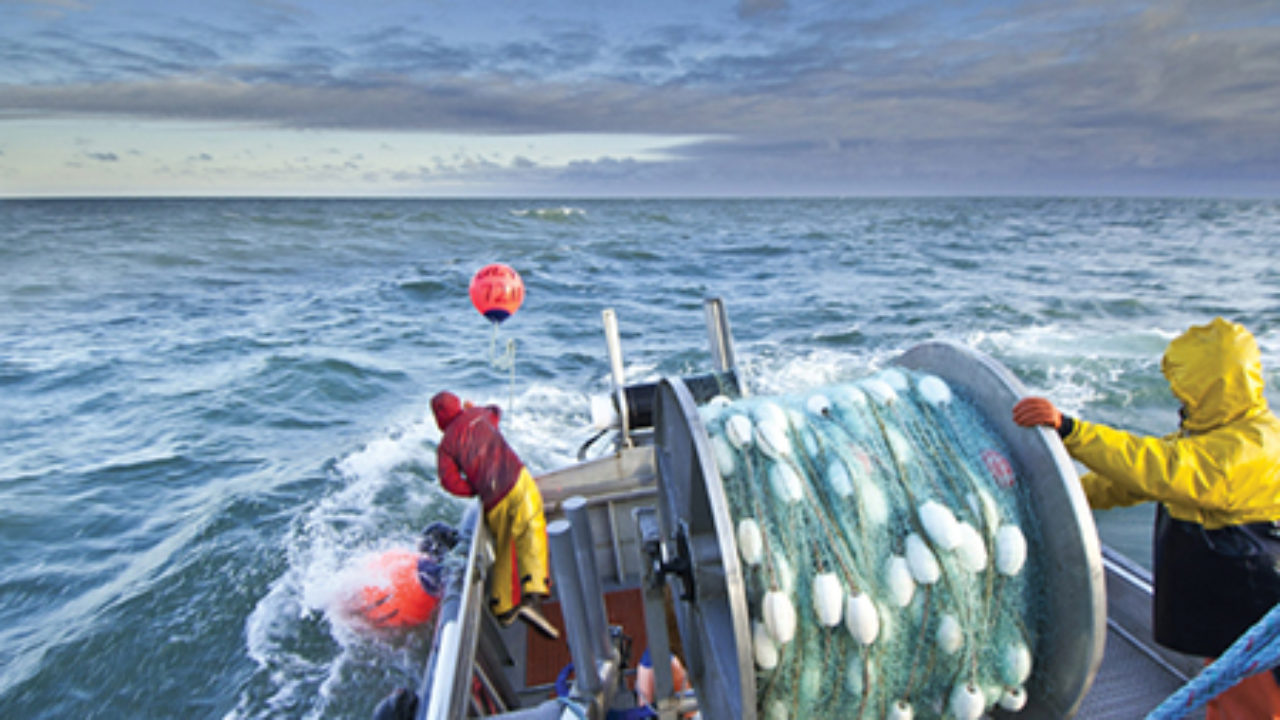Alaska’s seafood industry is currently facing a major upheaval following the announcement by Trident Seafoods that it plans to sell several of its processing plants in Alaska. This decision by the Seattle-based company, a significant player in the state’s seafood sector, includes the divestment of its assets in Kodiak, Ketchikan, Petersburg, and False Pass, as well as the South Naknek Diamond NN cannery facility and related support facilities in Chignik.
Alaskan Seafood Industry in Focus: The Vital Role of Processing Plants in the Local Economy
Kodiak’s Mayor, Pat Branson, expressed uncertainty about the future, noting that while Trident will process pollock and tanner crab in the Kodiak area for now, the long-term plans remain unclear. This development raises concerns about job losses and the impact on Kodiak’s economy, as Trident’s contributions form a substantial part of the city’s budget.
Local residents and businesses are anxious about the implications of this move. Commercial fishers like Gerry Cobban Knagin, who have relied on Trident for selling their catch, are facing uncertainty about their future market opportunities. In Petersburg, fisher Bob Martin expressed surprise at Trident’s decision to sell the local plant instead of the less frequently used Wrangell facility.
Gunnar Knapp, an economics professor emeritus, highlighted that it is too early to gauge the full impact of Trident’s decision on Alaska’s economy but predicted it would be significant. He noted the high volatility in the global seafood trade and the challenges this poses for the industry.
The Alaska Seafood Marketing Institute‘s Bruce Schactler described the situation as a crisis “years in the making,” pointing to market glut and other challenges. Mayor Branson echoed these sentiments, acknowledging the severity of the current situation and comparing it to previous economic fluctuations in the industry.
Trident, amidst these changes, has remained tight-lipped about its plans, with Vice President of Global Communications Alexis Telfer declining to comment further. This development has been a significant topic in the seafood industry, with experts and local authorities calling for awareness and preparedness in the face of this transformative event in Alaska’s seafood sector.
Related: Top 10 Largest Canadian Seafood Companies


